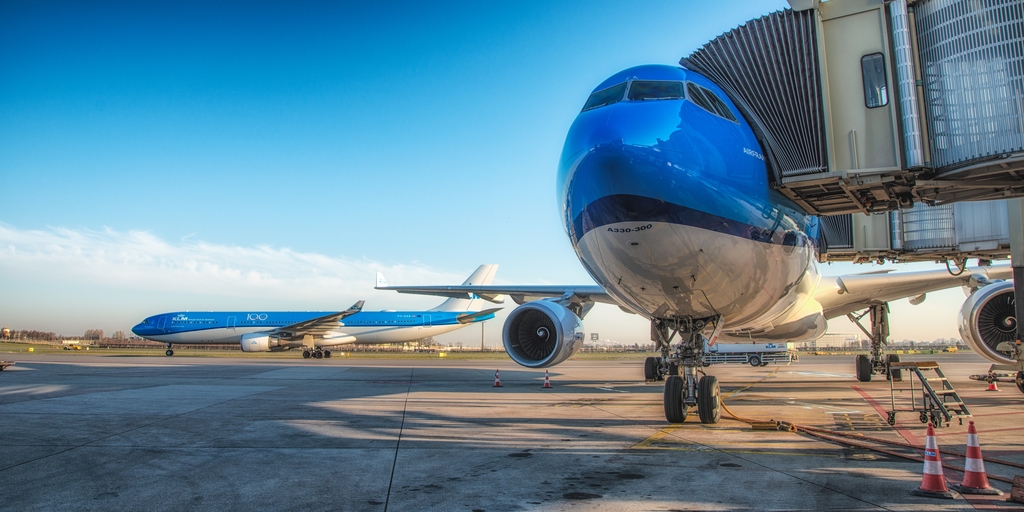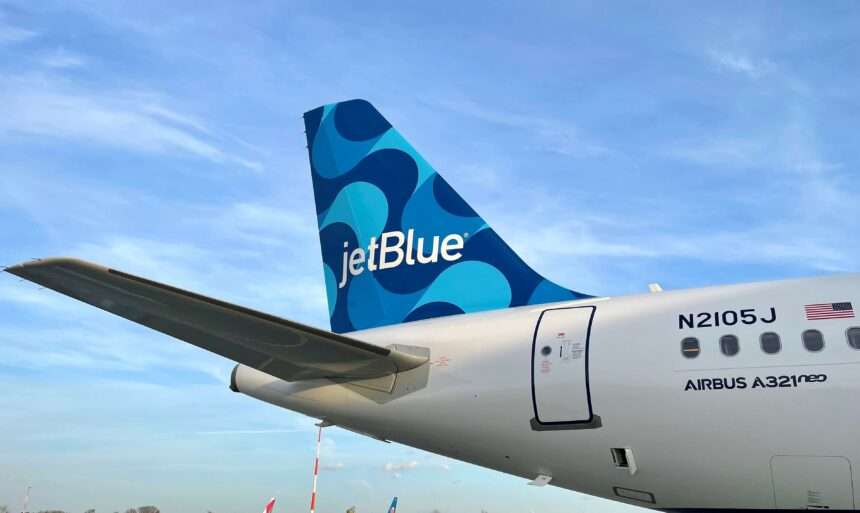As part of its progressive green initiative programme, United airlines has announced a $5 million investment in carbon capture technology company Svante.
Svante provides materials and technology as part of the value chain that has the potential to convert CO2 removed from the atmosphere and from industrial emission sources into sustainable aviation fuel (SAF).
This becomes the airline’s latest investment from the new UAV Sustainable Flight FundSM.
This is a first-of-its-kind investment vehicle that is designed to leverage support from cross-industry businesses in order to support start-ups focused on decarbonizing air travel through SAF research, technology and production.
Towards 100% green
The airline has a stated aim to be 100% green by reducing its greenhouse gas (GHG) emissions 100% by 2050, without relying on traditional carbon offsets. To date, United has invested in the future production of over three billion gallons of SAF – the most of any airline in the world.
“Carbon capture technology has the potential to be a critical solution in the fight to stop climate change and has the added benefit of helping us scale the production of SAF,” said United CEO Scott Kirby.
“And at United we’re building on that approach by investing in both companies that can capture CO2 and others that can turn it into fuel.”
“There’s no question that this carbon utilization is in its infancy today, but as a leader in sustainable flying we must help build the foundation to deploy this technology of the future as expediently as possible.”
This investment was made as part of Svante’s Series E financing round and will fund and support Svante’s commercial-scale filter manufacturing facility in Vancouver, BC, Canada.
Svante is working with world-leading organizations around the world, including Dimensional Energy, a carbon utilization – CO2 to jet fuel – company that United Airlines Ventures invested in last year.
“We are pleased to have the support of United Airlines as one of our world-class investors,” said Claude Letourneau, Svante’s President & CEO.
“The airline industry has a huge opportunity to make a big impact on global decarbonization – battling climate change through the transition to sustainable aviation fuels and other innovative technologies that will help the world achieve net zero.”
About Svante
Svante is a leader in second generation solid sorbent-based carbon capture and removal. The company’s scalable, eco-friendly, and commercially available carbon capture and removal technology employs structured absorbent beds, known as filters.
These filters can capture 95% of CO2 emissions from industrial sites as well as CO2 that’s already in the air.
Once the CO2 is captured, it is concentrated and can be used in the creation of SAF or other products. It can also be safely transported and stored underground.
Svante’s manufacturing facility is anticipated to produce enough filter modules to capture millions of tons of carbon dioxide per year across hundreds of large-scale carbon capture facilities.
SAF is an alternative to conventional jet fuel that, on a lifecycle basis, reduces GHG emissions associated with air travel compared to conventional jet fuel alone.
SAF is made from used cooking oil and agricultural waste, and, in the future, could be made from other feedstocks, including household trash, forest waste, or compressed CO2, the end product of Svante’s carbon capture process.
United’s Commitment to Net-Zero Emissions by 2050
United was the first airline to commit to net-zero carbon emissions by 2050, without relying on traditional carbon offsets.
In addition to the UAV Sustainable Flight FundSM, United has launched a SAF purchasing program called the Eco-Skies Alliance and established a venture fund – United Airlines Ventures – to identify and invest in companies and technologies that can decarbonize air travel.
These strategic investments include carbon capture, hydrogen-electric engines, electric regional aircraft and air taxis.









